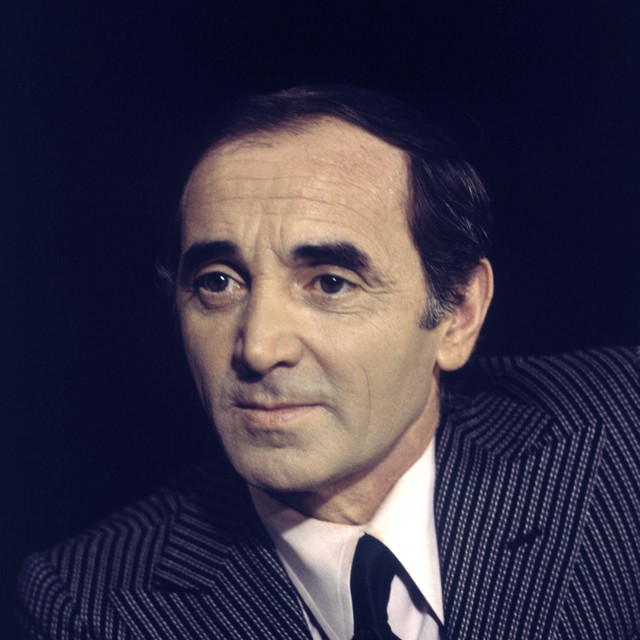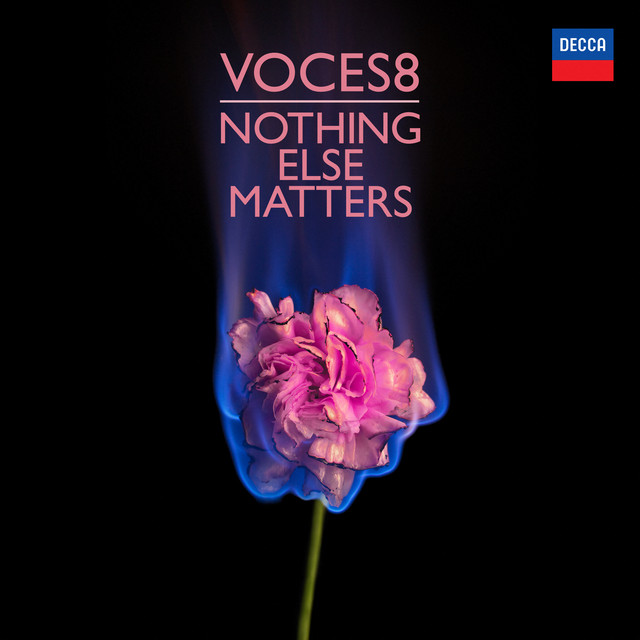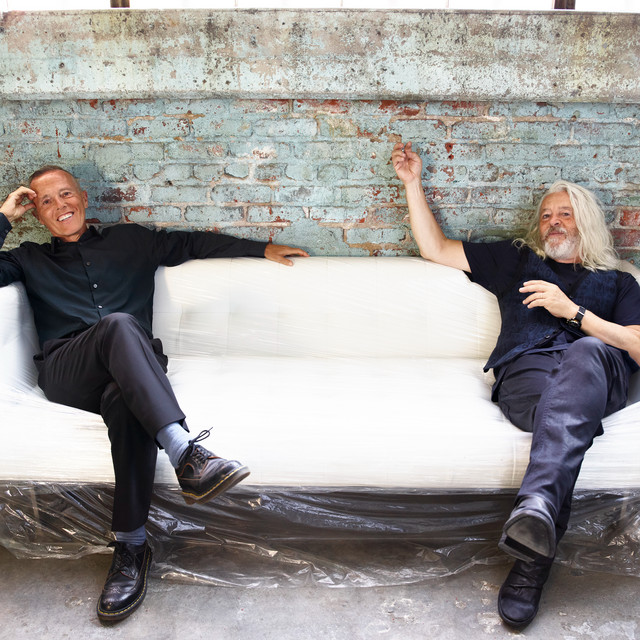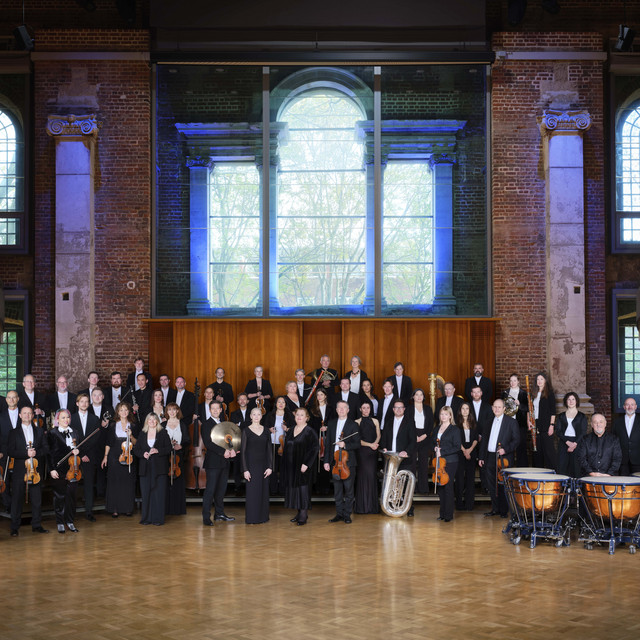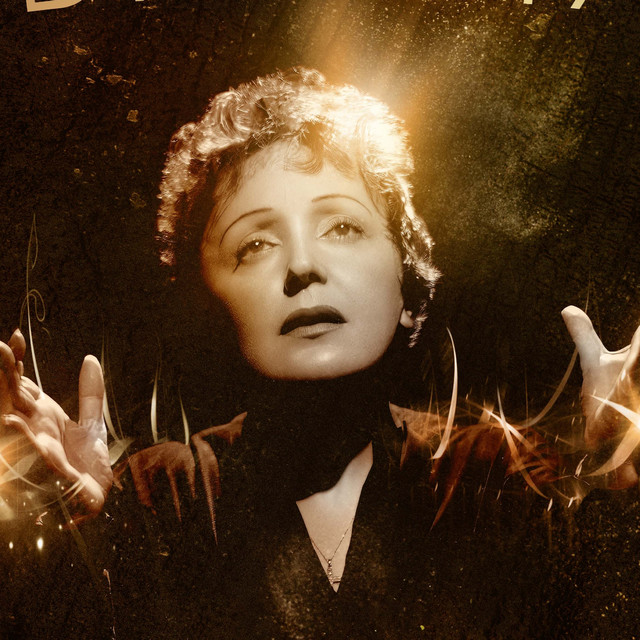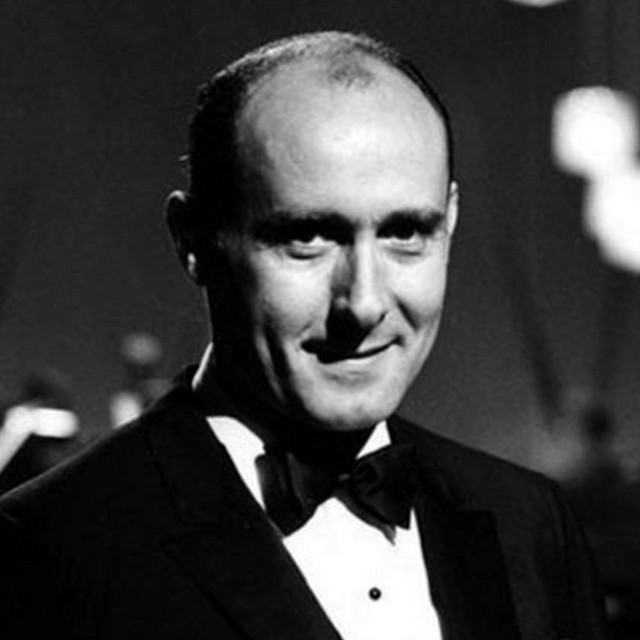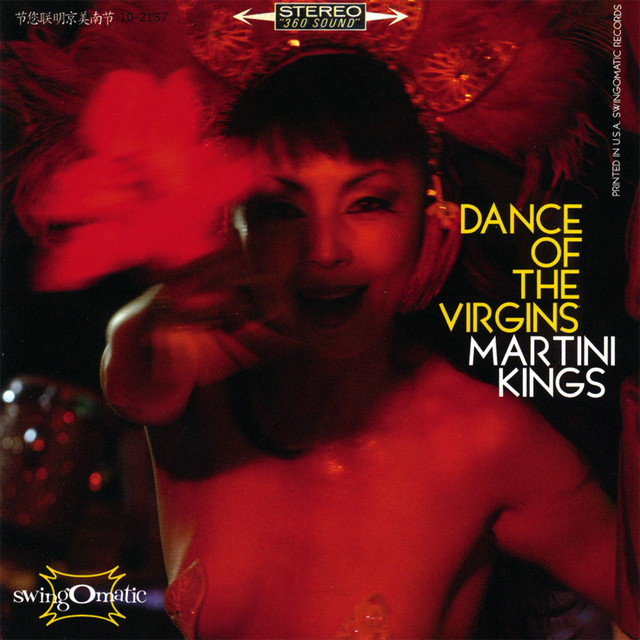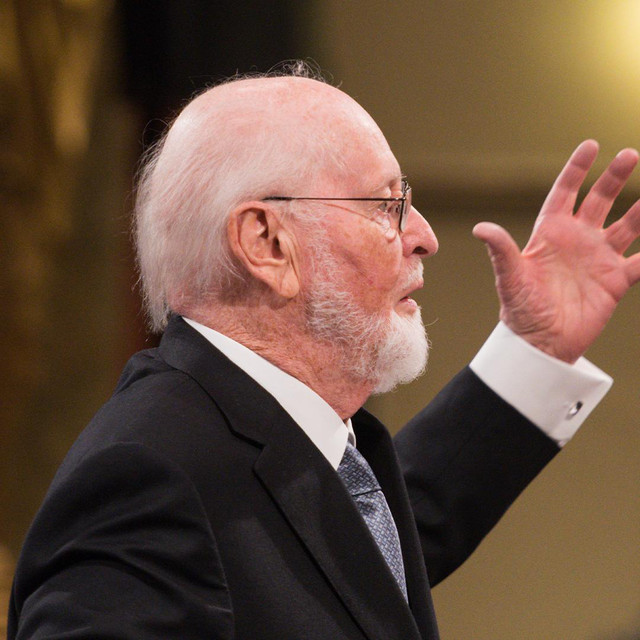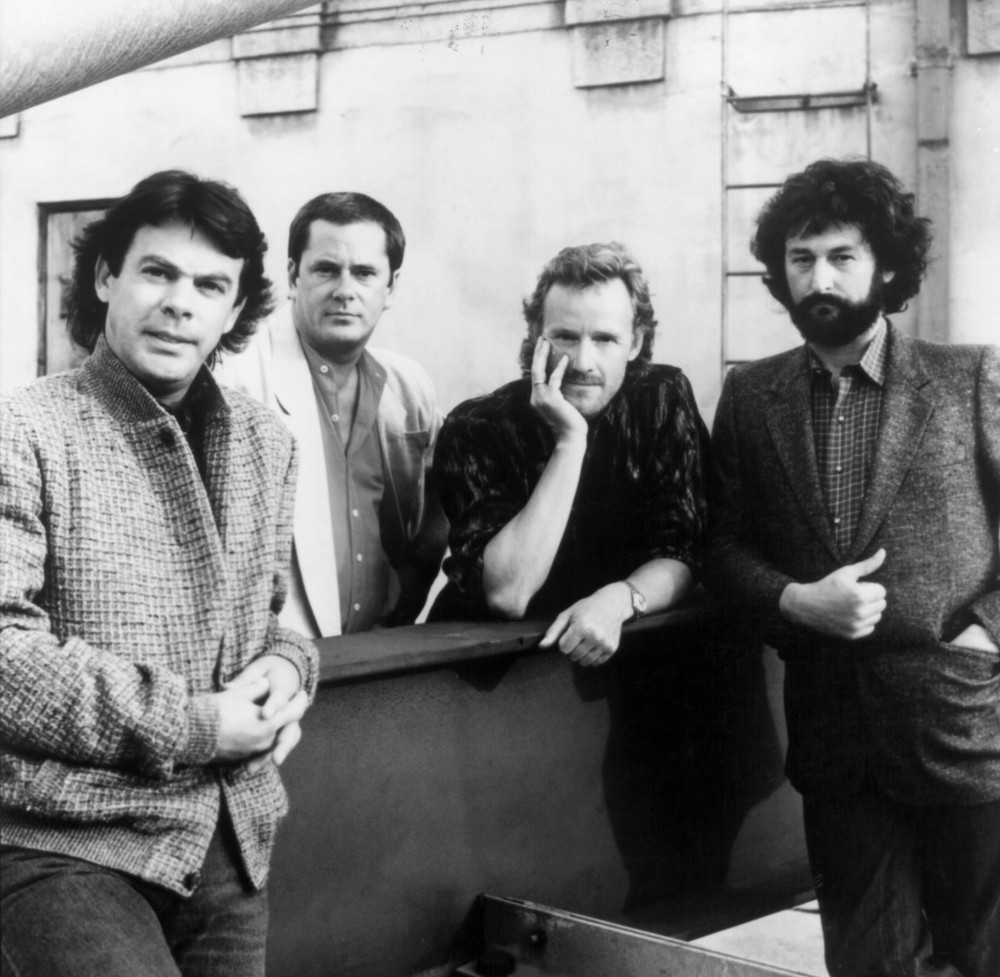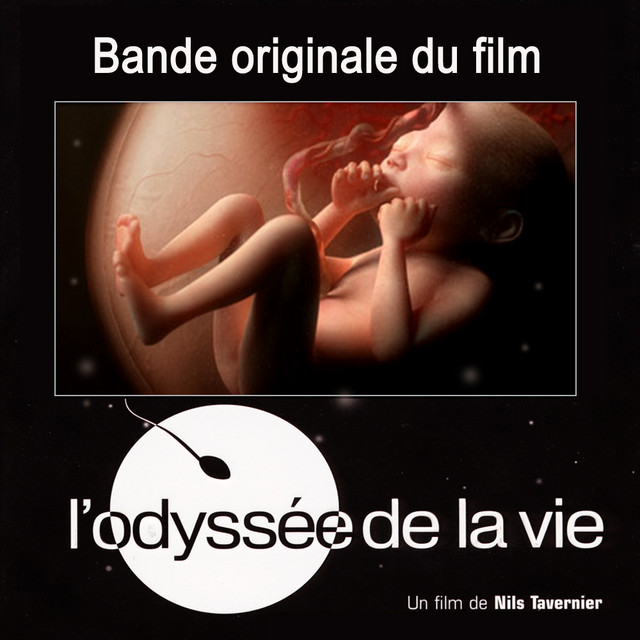MusicXML scores for flute by Paul Robeson
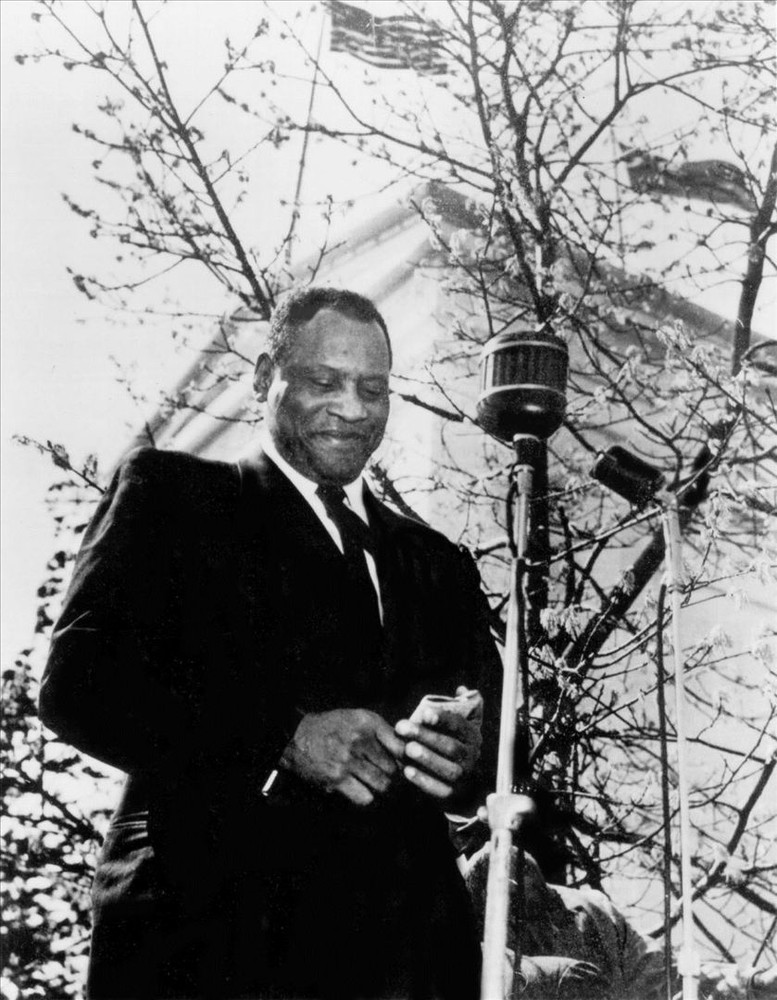
Paul Leroy Robeson ( ROHB-sən; April 9, 1898 – January 23, 1976) was an American bass-baritone concert artist, actor, professional football player, and activist who became famous both for his cultural accomplishments and for his political stances.
In 1915, Robeson won an academic scholarship to Rutgers College in New Brunswick, New Jersey, where he was the only African-American student. While at Rutgers, he was twice named a consensus All-American in football and was elected class valedictorian. He earned his LL.B. from Columbia Law School, while playing in the National Football League (NFL). After graduation, he became a figure in the Harlem Renaissance, with performances in Eugene O'Neill's The Emperor Jones and All God's Chillun Got Wings.
Robeson performed in Britain in a touring melodrama, Voodoo, in 1922, and in Emperor Jones in 1925. In 1928, he scored a major success in the London premiere of Show Boat. Living in London for several years with his wife Eslanda, Robeson continued to establish himself as a concert artist and starred in a London production of Othello, the first of three productions of the play over the course of his career. He also gained attention in Sanders of the River (1935) and in the film production of Show Boat (1936). Robeson's political activities began with his involvement with unemployed workers and anti-imperialist students in Britain, and it continued with his support for the Republican cause during the Spanish Civil War and his involvement in the Council on African Affairs (CAA).
After returning to the United States in 1939, Robeson supported the American and Allied war efforts during World War II. His history of supporting civil rights causes and Soviet policies, however, brought scrutiny from the Federal Bureau of Investigation (FBI). After the war ended, the CAA was placed on the Attorney General's List of Subversive Organizations. Robeson was investigated during the McCarthy era. When he refused to recant his public advocacy of his political beliefs, the U.S. State Department withdrew his passport and his income plummeted. He moved to Harlem and published a periodical called Freedom, which was critical of United States policies, from 1950 to 1955. Robeson's right to travel was eventually restored as a result of the 1958 United States Supreme Court decision Kent v. Dulles.
Between 1925 and 1961, Robeson released recordings of some 276 songs. The first of these was the spiritual "Steal Away", backed with "Were You There", in 1925. Robeson's recorded repertoire spanned many styles, including Americana, popular standards, classical music, European folk songs, political songs, poetry and spoken excerpts from plays.
Select one of the Paul Robeson track and play this music score in musicXML, PDF, or online with tablature, fingering charts or simply from a traditional music sheet format.
Our musicXML database is quite huge. That's why it could be sometimes a bit complicated to find the song you are looking for. But with this advanced search form, you can jump deeper in our database quite easily. Make yourself at home, find your music score and play that sheet!


